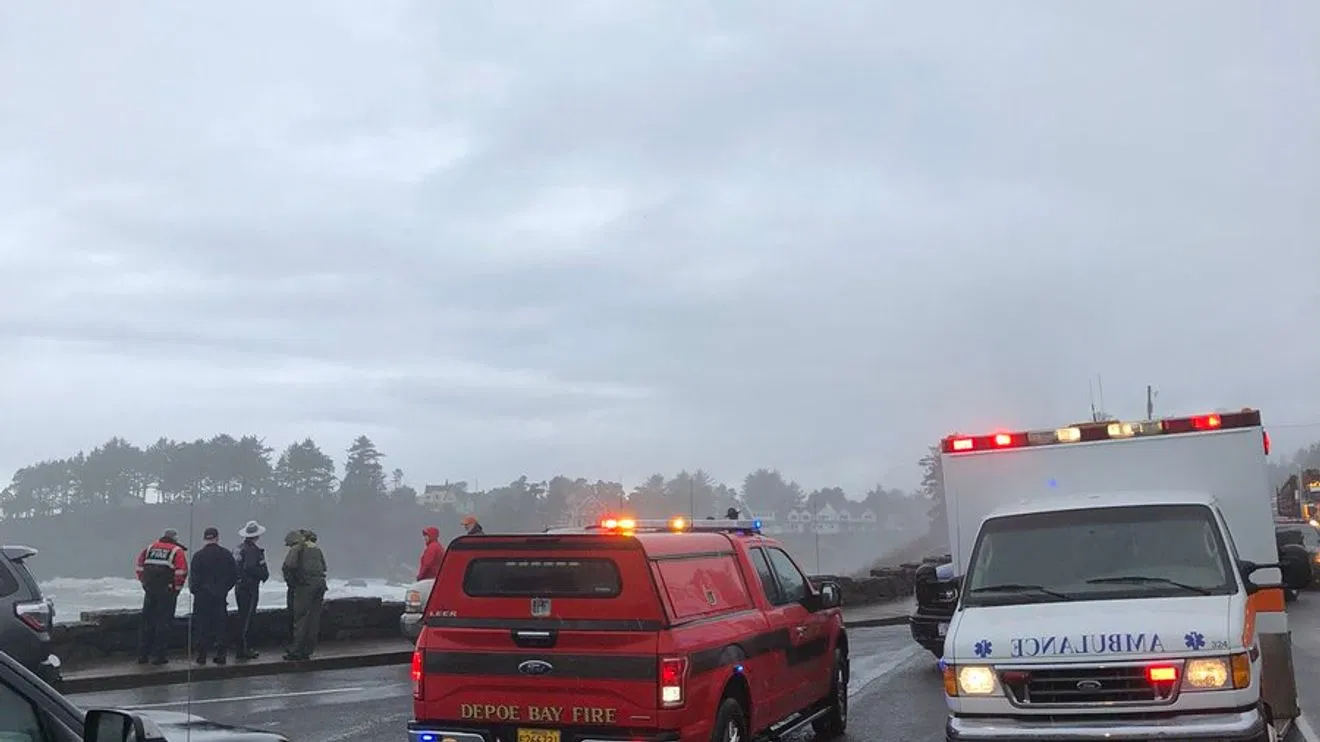With concentrations of domoic acid reaching levels not seen since 1998, ODFW shellfish biologists see no possibility that razor clamming on Oregon’s most popular beaches will re-open before the annual conservation closure on Clatsop beaches begins on July 15.Razor clamming along the entire Oregon coast has been closed since May 14 due to high concentration of domoic acid. The Clatsop beaches, home to 90 percent of Oregon’s razor clam harvest, close every year in mid-July to allow newly-set young clams to establish themselves.
While Matt Hunter, ODFW shellfish biologist in Astoria, is confident clamming won’t reopen before July 15, he is hesitant to predict a re-opening of the clamming season when the conservation closure ends Sept. 30. “We still haven’t seen domoic acids levels peak,” he said. “As long are they are still going up it’s hard to predict when they might start coming down.”
Domoic acid, a natural toxin produced by certain types of marine algae called phytoplankton, can be harmful or even fatal if consumed in sufficient quantities. Cooking or freezing does not destroy domoic acid in shellfish. Shellfish samples are collected every low tide series for biotoxin analysis. It takes two consecutive samples under the alert level before a harvesting area can be reopened, Hunter said.
The high levels of domoic acid that are affecting razor clams are not influencing the Oregon crab season, which remains open. Washington State’s recent closure of its southern coast to all sport and commercial crabbing has prompted concerns that Oregon might follow suit. But according to Hunter, recent tests of crabs off the Oregon coast showed domoic acid levels were undetectable in most samples.“
It could be that the crabs off the Washington coast are eating something different, or that the Columbia River is forming some sort of north/south barrier,” Hunter said. Bay clamming in areas south of Tillamook Head also remains open and safe, Hunter added.
For current shellfish closure information, call the Oregon Department of Agriculture Shellfish Hotline at 800-448-2474. For more information about clamming and crabbing, visit the ODFW shellfish page at http://www.dfw.state.or.us/MRP/shellfish/index.asp.
